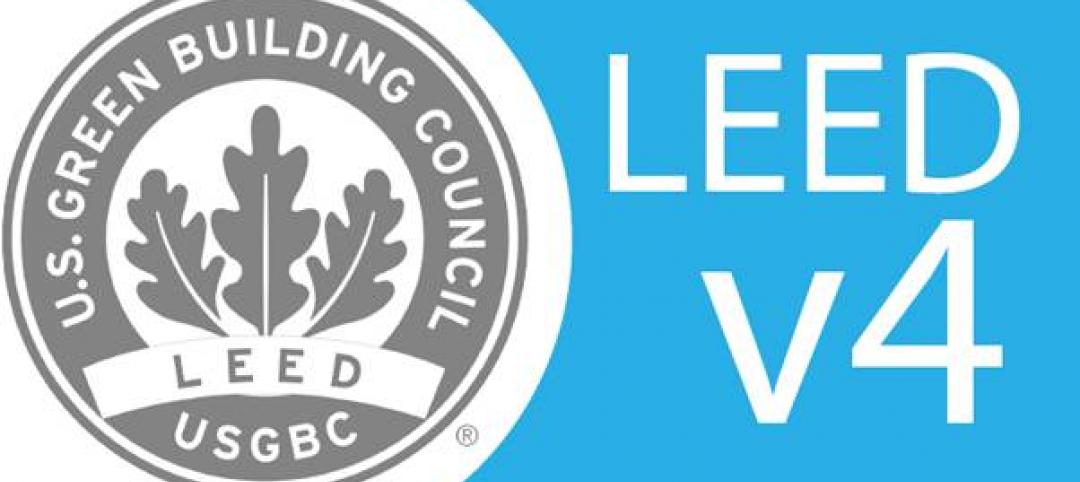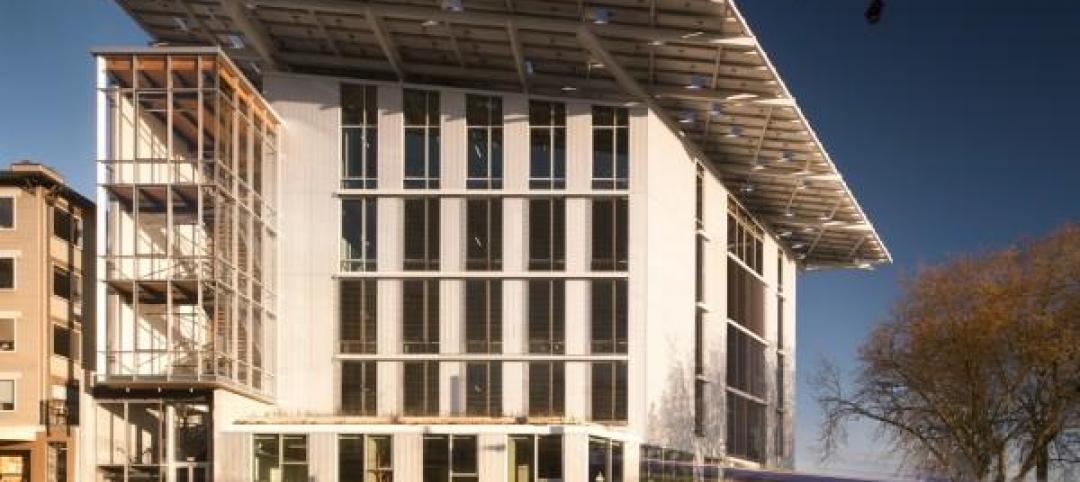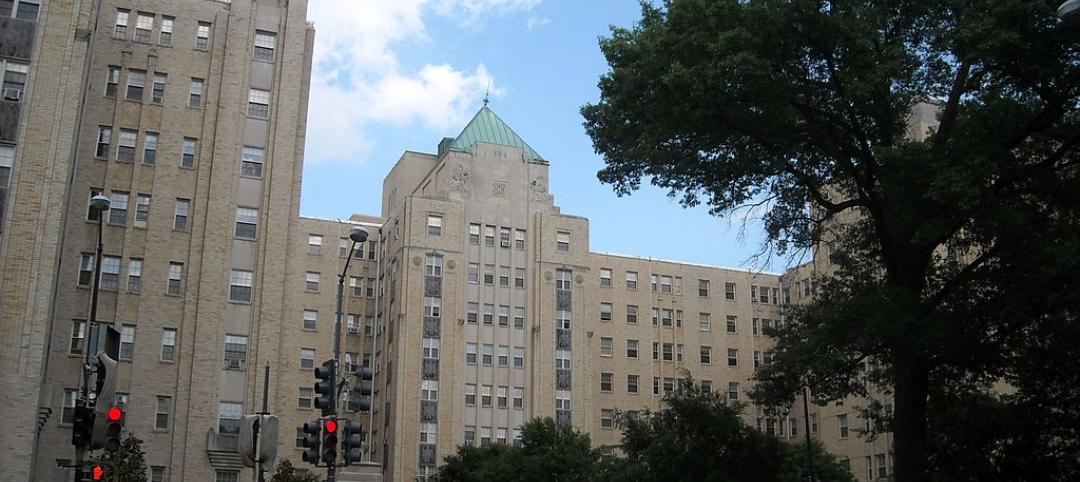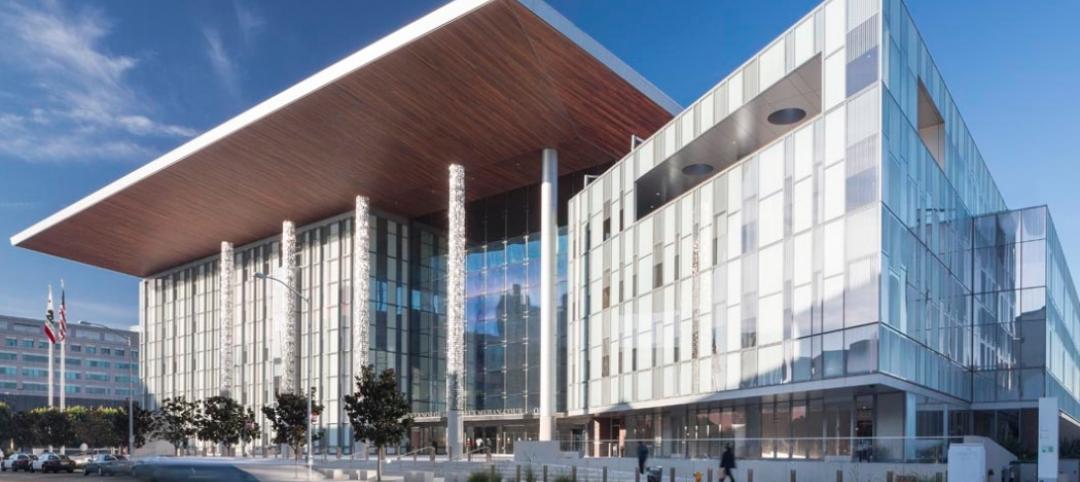California’s Supreme Court has ruled unanimously that the principal architects for a condominium project may be sued directly by a condominium homeowners association for design defects.
Skidmore, Owings & Merrill and HKS, Inc. were the principal architects for a 595 unit condominium project built near AT&T Park in San Francisco. The case, Beacon Residential Community Association v. Skidmore, Owings & Merrill, LLP, pertained to a 595-unit condominium project built near AT&T Park in San Francisco.
The units allegedly developing several defects including water infiltration, structural cracks, and overheating that made units virtually uninhabitable at times. The homeowners association sued the architects, alleging that these defects were caused by negligent design.
The decision highlighted the closeness of the connection between the architects’ conduct and the plaintiffs’ injuries, the limited and predictable class of potential plaintiffs, and the absence of options for the owners in obtaining design services on their own.
The decision held that even though, on most projects, the developer has the final say on design choices, the architect can’t escape liability to the end user. This decision is likely to give homeowners associations another target in defect cases. Architecture firms should consult their liability insurer to determine whether these claims will be covered.
(http://www.jdsupra.com/legalnews/architects-may-be-sued-directly-by-homeo-19296/)
Related Stories
| Oct 30, 2014
USGBC pushes back LEED v4 deadline
Extending the deadline gives LEED users additional time to prepare for LEED v4, the latest version of LEED, which features increased rigor and multiple updates.
| Oct 24, 2014
Solar panels could be required on most new construction in San Francisco
A San Francisco city councilor will propose a new regulation that could soon mandate solar panels on most new construction in the city and on many existing apartment buildings.
| Oct 24, 2014
International WELL Building Institute launches green building standard
The International WELL Building Institute has launched the WELL Building Standard Version 1.0, which focuses on enhancing people’s health and well-being through the built environment.
| Oct 24, 2014
Seattle's Bullitt Center influencing codes and public policy on sustainability
The Bullitt Center in Seattle, which some say is the world's most efficient office building is not only influencing how other structures are built, it is contributing to revisions of codes and public policy.
| Oct 16, 2014
U.S. military concerned about climate change putting bases at risk from floods
Among the challenges the armed forces may face is rising sea levels that could put Navy docks and other installations under water in places like Norfolk, Va., Honolulu, and other coastal locations.
| Oct 16, 2014
Fannie Mae releases white paper on energy performance of multifamily buildings
The least energy efficient multifamily property may be spending $165,000 more in annual energy costs than a similar property operating the most efficiently, according to a new white paper released by Fannie Mae.
| Oct 16, 2014
Energy Department sets green building standards for federal agencies
LEED Silver may be used, and in some instances, the Green Globes program may be substituted, according to a new regulation by the U.S. Department of Energy.
| Oct 16, 2014
New York City’s climate plan includes tripling of solar energy
New York City’s plan to cut greenhouse gas emissions by 80% by 2050 includes tripling the amount of solar power generated from city-owned buildings.
| Oct 15, 2014
Drones may soon assist code inspectors for construction in the UAE
The United Arab Emirates’ Ministry of Labour announced that they will start using drones to help inspectors record when construction sites are breaking laws.
| Oct 9, 2014
California authorizes increased use of design-build on state projects
Under the updated law, the Department of General Services and the Department of Corrections and Rehabilitation may use design-build on projects in excess of $1 million.












